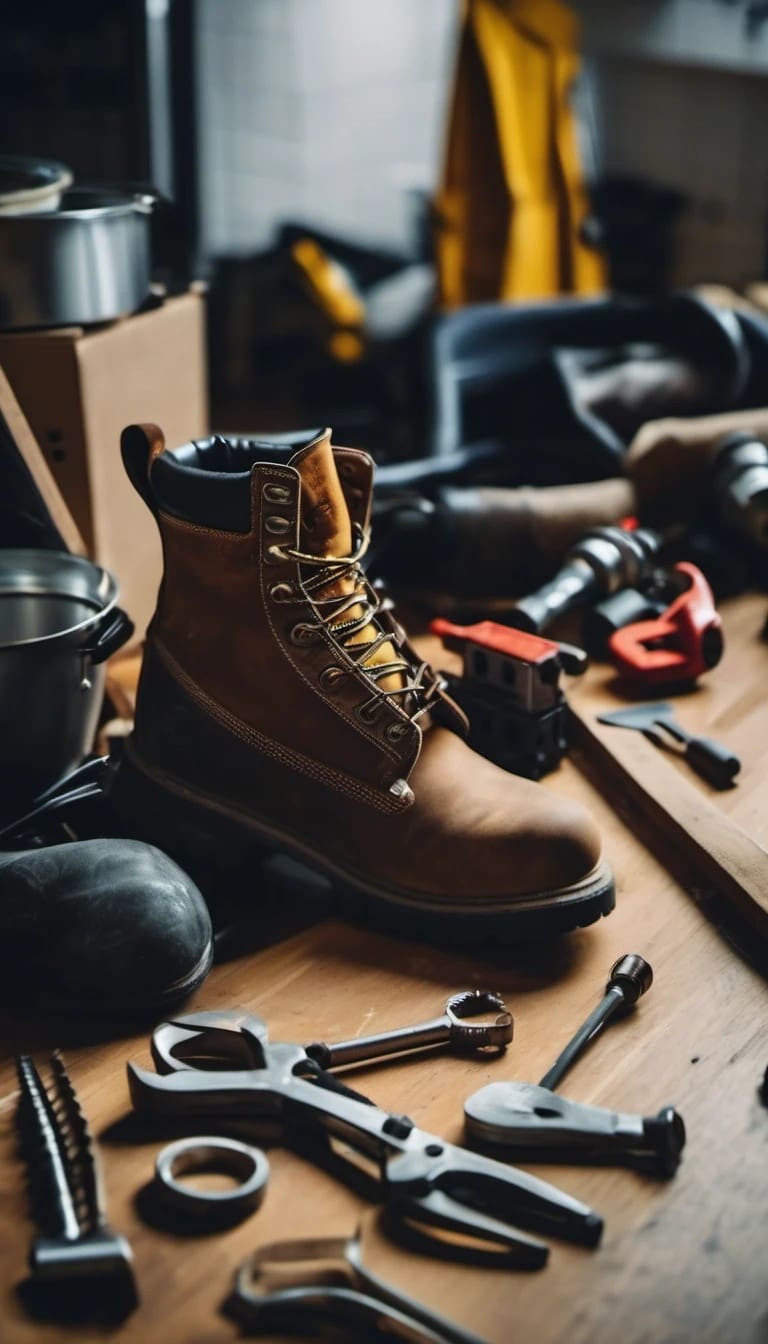Insurance for Handyman

Handymen, particularly those who don’t holda contractor’s license, can still perform a variety of tasks that insurance companies typically cover. These are usually small-scale or non-structural repairs, maintenance, and installations that fall within the scope of their skills. Here are some examples:
 |
|
Key Coverages for Handyman Services
General Liability Insurance:
Your work often involves visiting clients’ properties, where an accidental slip-and-fall or unintended property damage could result in expensive claims. General liability insurance provides protection against third-party claims of bodily injury or property damage, covering legal fees, settlements, and medical expenses.
Commercial Auto Insurance:
Service vehicles are essential for transporting equipment and getting to job sites, but accidents can occur. Commercial auto insurance covers repair costs, third-party injuries, and property damage claims to keep your operations running smoothly.
Business Owner’s Policy (BOP):
A BOP combines essential coverages like general liability, and business interruption into a single, cost-effective package tailored to the needs of handyman businesses.
Umbrella Insurance:
This policy provides additional liability coverage, extending the limits of your primary insurance policies to protect against catastrophic claims that could threaten your business. |
Handymen, particularly those who don’t hold a contractor’s license, can still perform a variety of tasks that insurance companies typically cover. These are usually small-scale or non-structural repairs, maintenance, and installations that fall within the scope of their skills. Here are some examples:
- Basic Repairs:
Fixing leaky faucets, replacing faulty electrical outlets, repairing minor drywall damage, or fixing broken locks and hinges.
- Painting and Surface Work:
Interior or exterior painting, sealing, or staining, as well as minor repairs on walls, ceilings, and flooring.
- Fixture Installation:
Installing shelves, light fixtures, ceiling fans, curtain rods, or minor kitchen and bathroom fixtures.
- Furniture Assembly:
Assembling prefabricated furniture, desks, shelving units, or playground equipment.
- Carpentry:
Minor woodworking tasks such as building or repairing small fences, decks, or garden structures, as well as custom shelves or storage.
- Exterior Maintenance:
Gutter cleaning, power washing, repairing siding, or maintaining outdoor spaces.
- General Maintenance:
Replacing air filters, changing light bulbs, maintaining HVAC systems, or general home upkeep.
- Small-Scale Tiling or Flooring:
Repairing or replacing tiles, laminates, or other small-scale flooring projects.
- Appliance Installation:
Installing or repairing appliances like dishwashers, washing machines, or garbage disposals.
These jobs, while generally non-structural and less technical than what licensed contractors handle, still require proper insurance coverage to manage potential risks, such as accidental damage or injuries that may occur on-site. |
|
 |
Why Choose Best Formula Insurance?
Best Formula Insurance understands the varied challenges faced by handyman businesses and provides tailored solutions to keep your operations secure. We work closely with you to ensure your business is fully protected, allowing you to continue offering reliable, quality services to your clients.
Contact us today to discuss the right insurance solutions for your handyman business, helping you protect your team, clients, and reputation.



